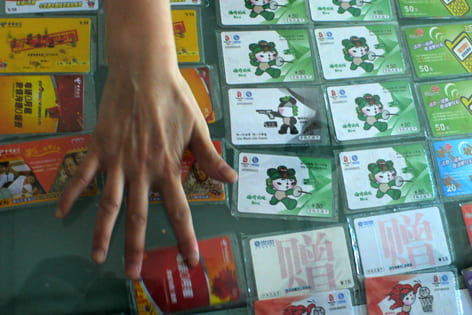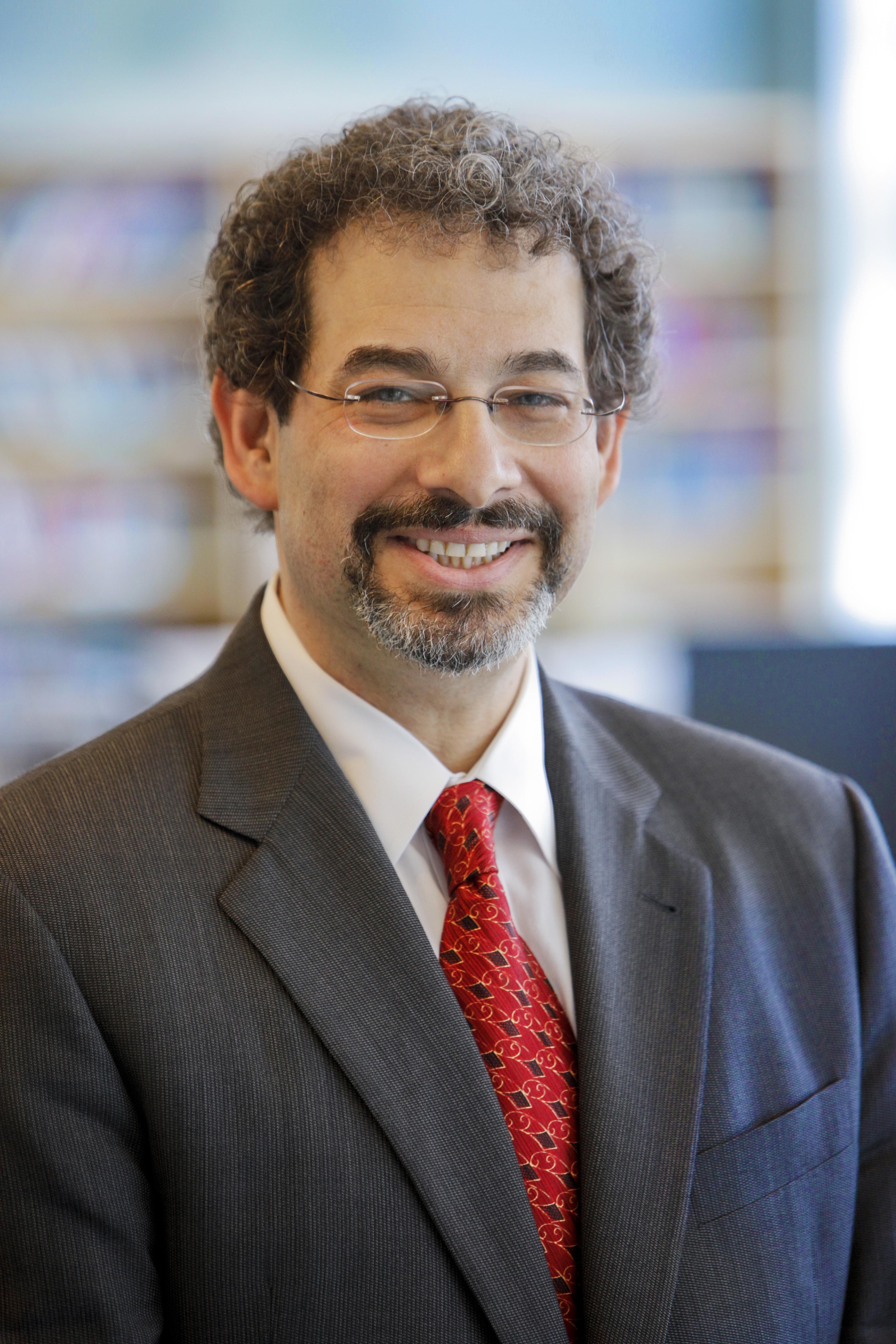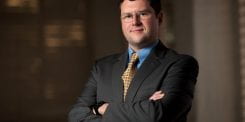Money in the digital age
Are those crisp green bills wilting in your wallet? Coins collecting dust? As face-to-face transfers of money grow rarer in an increasingly digital world, cash is no longer king.

Are those crisp green bills wilting in your wallet? Coins collecting dust?
As face-to-face transfers of money grow rarer in an increasingly digital world, cash is no longer king. ATM cards, computer transactions, even cell phones are used to pay for goods and services, and UC Irvine anthropologist Bill Maurer is investigating the impacts. How is technology changing ways people experience money? How are budgeting and finance accounting different? Of particular interest to Maurer is how people in developing nations use emerging mobile phone technology to store, save and send money.
“These innovations are reaching people who otherwise don’t have access to banks and financial services,” Maurer says. African emigrants working in Europe, for example, are bypassing traditional money-wiring services such as Western Union and instead send money to family members back home via cell phone with a touch on a keypad. Cell phone accounts linked to ATM or debit cards allow for easy deposits and withdrawals, without the need to exchange cash or coins.
In September, the Bill & Melinda Gates Foundation awarded UCI $1.7 million to create a new research institute focused on the growing use of mobile technology in providing banking and financial services in developing countries. Maurer will serve as the institute’s founding director.
This kind of research is critical to informing the design of financial products and services that meet the needs of the poor,” said Amolo Ng’weno, senior program officer for the Bill & Melinda Gates Foundation’s Financial Services for the Poor initiative. “We need to understand ways that the poor think about and use money so that new banking models can become relevant for the population with the most need. Convenient, low-cost, high-quality savings and other financial services can help the poor transform their lives.”

